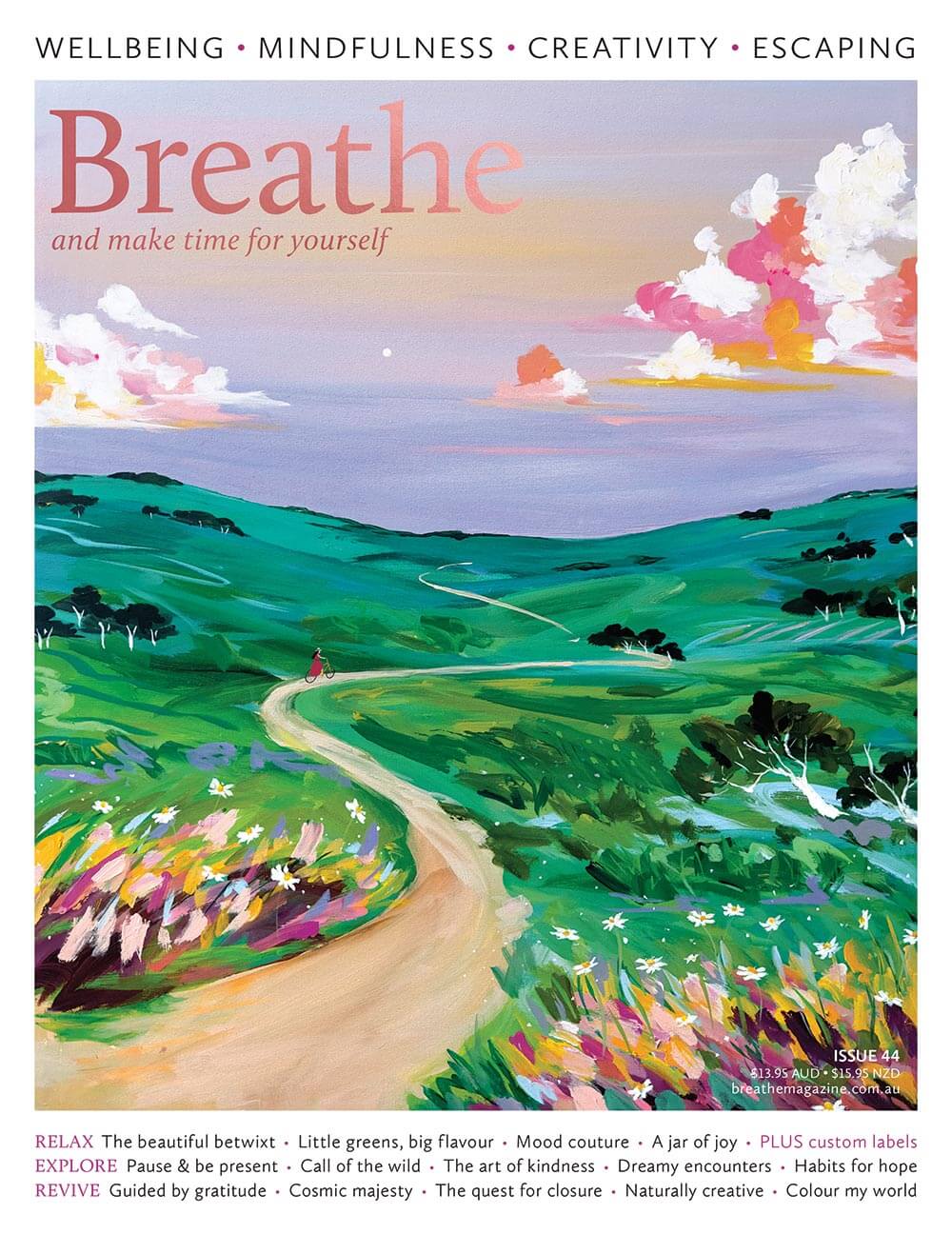
Taking the time to rest is essential for growth and happiness.
Advice given to parents today tends to be full of directions on how to do it right. Before our child is born, we’re told the best way to bring them into this world, then it’s unsolicited advice on what they should eat, wear, watch, and for how long. With every piece of information there’s a different opinion, solution and exception to the rule. Volume aside, the information is contradictory and ultimately exhausting.
The power of rest
Learning-by-doing is fundamental for growth, and role modelling is incredibly powerful for children; it’s how they learn what is acceptable and what is not. We can’t expect our children to put away their screens if we don’t. We can’t expect our children not to yell in retaliation if we yell at them first. But what’s not modelled to our children? The most fundamental wisdom of all: that taking time to rest is paramount.
Taking time out
Today, the concept of ‘time out’ is a non-essential aspect of parenting life. It occurs only as an option; an absolute last priority on the to-do list. Yet rest was a vital part of our ancestors’ day-to-day (at least for those who could afford it). It wasn’t until comparatively recent times that the religious tradition of Sabbath meant shops were closed on Sundays. The idea being that on the seventh day of creation God rested, ergo so should we. It’s when we’re resting that our brain throws up answers to problems we’re trying to solve, accessing those creative solutions cleverly crafted by our subconscious. It’s when our body heals and grows.
Work less, achieve more
In his book Rest: Why You Get More Done When You Work Less author Alex Soojung-Kim Pang says, “In the last couple of decades, discoveries in sleep research, psychology, neuroscience, organisational behaviour, sports medicine, sociology and other fields have given us a wealth of insight into the unsung but critical role that rest plays in strengthening the brain, enhancing learning, enabling inspiration, and making innovation sustainable.”
Time tetris
I grew up with parents who had an incredible work ethic. They instilled the values of establishing a career path and working tirelessly towards your goals. I became a young woman who shifted those values into overdrive, and it wasn’t unusual for me to have three jobs at once. When I became a parent the idea of taking time out became an increasingly foreign concept. The prospect of being still and taking time for myself became something I yearned for but ultimately could not achieve. Whether at work or home, every moment needed to be utilised as time was one relentless Tetris game.
Admittedly, I still find it difficult to relax. When I am presented with a clear break in my schedule I freak out, I get anxious, I panic. Looking at the way I was nurtured as a child, it makes complete sense. I never knew what it meant to take time out, consequently in my mind, rest took a backseat, alongside other seemingly unimportant pursuits.

Top tips to reset your rest button:
- Give yourself permission If you need a reason to slow down, there is plenty of scientific evidence that it’s just as important as engaging in work or exercise.
- Do it for your kids If you can’t give yourself permission, remember that role modelling is one of our most powerful tools as parents. If your children don’t see you taking time out, how will they understand the importance of it in their own lives?
- Stop being productive Resting isn’t watching TV while you plan the next family holiday. Resting is a time where everything is turned off, including you. Resist the urge to ‘do something’ when you’re taking time for yourself.
- Make it simple Read a book, have a nap, listen to music, have a cup of tea and sit with your thoughts. Allocated downtime need not be overcomplicated
- Make it a priority The ability to rest is one of the best things you can give your children, and it’s just as important for you too.























